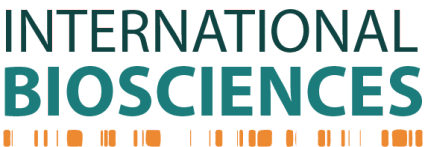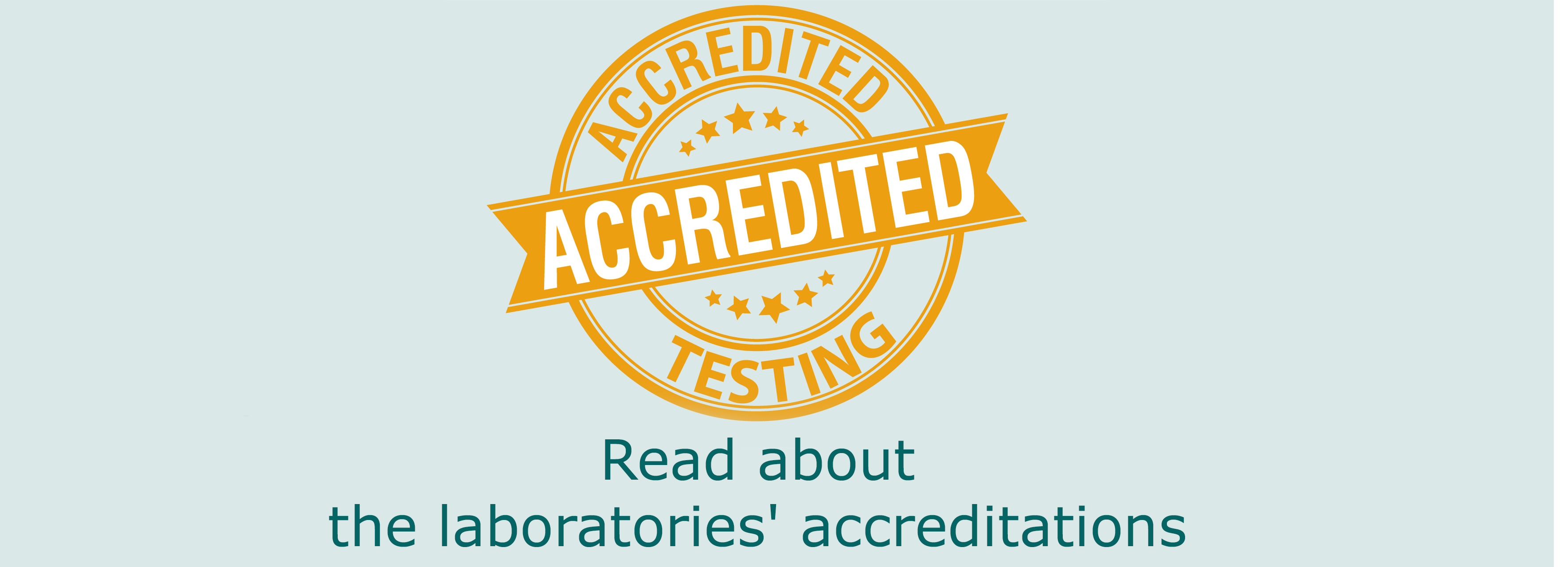Cancer Panel Genetic Predisposition Test
Price: Available Soon
Testing: 1 person
Timeframe: 6-9 weeks from the moment the laboratory receives your samples.
Cancer is a complex, multifactorial condition which can be caused by environmental or genetic factors. Whilst cancers triggered by environmental factors are hard to predict, a genetic test can evaluate your risk of developing hereditary cancers. International Biosciences offers genetic predisposition testing for a total of 92 hereditary types of cancer for just XXXXX. Your cancer panel genetic test results will be ready in 6-9 weeks from the moment the laboratory receives your samples.
The full list of genes we test for can be found by clicking here.
Do I need a Cancer Panel Genetic Predisposition Test?
Genetic predisposition testing for hereditary cancers is only recommended for those people who meet 1 or more of the below criteria.
Family history: this is the factor which carries most weight when determining if you need a cancer predisposition test or not. The link between hereditary cancers and genetics is not fully understood and thus, a family history of the disease remains the single, most important risk factor. If you have had blood relatives suffer from cancer and all the more if it has occurred over multiple generations, than this test is highly recommended.
Clinical presentations: A family history provides one indication of a hereditary type of cancer. Another potential telltale indication that you may be the carrier of a cancer predisposing gene includes what are referred to as “clinical presentations”, such as:
• Multiple and independent cancers occurring in the same individual.
• Bilateral cancers (cancer that occurs in both of a pair of organs for example, both breasts or both kidneys).
• Unusual or rare cases of cancer such as breast cancer in men.
But How Exactly will a Cancer Panel Test help me?
If results show you have a predisposition to a certain type of cancer you can, working with a health care professional specializing in cancers and cancer genes, adopt certain strategies which can reduce your risk of developing the cancer in question and design a personal cancer screening program.
The test can also help by:
• Identifying other family members who might be at risk.
• Estimate familial cancer risk.
• Provide a better understanding of the type of cancer the runs in your family.
How are your Genes Analysed?
The 92 panel cancer test uses what is known as Next Generation Sequencing (NSG), a high-throughput type of sequencing which allows the analysis of thousands of DNA molecules and has revolutionized the study of cancer genes. This cutting-edge technology allows scientists to look at inherited mutations in multiple genes with a decreased cost but a highly improved efficiency in shorter time frames.
How do I Interpret the Results of your Cancer Panel Genetic Predisposition Test?
The results of this test are highly complex and their implications could indeed be life changing. The interpretation of the results will need to be done by someone qualified to do so.
Our results will be sent directly to the health care professional who will interpret your result and then discuss them with you.
Sending your Samples to the Laboratory
The cancer panel test we offer is one of the most complete and easiest tests to carry out currently available on the market. All we require is a mouth swab sample which you can collect using the DNA sample collection kit we provide. For more details on sample collection, click here.
Implications of a positive result
A positive result simply means you are an increased risk for that type of cancer when compared to someone who does not have that mutation. Different mutations will signify an increased risk to different types of cancer and some mutations may place you at higher risk than other mutations. It is extremely important that you understand that an increased risk does not mean you will develop cancer. Even people with a very high risk might never develop cancer and people with a very low risk might develop it.
Implications of a negative result
A negative result simple means you do not carry the mutation gene tested for. This however, does not mean you will not develop that type of cancer. There could be other mutations which are not known or not tested for by current testing methods. You also need to keep in mind that as mentioned earlier, most types of cancer are due to random mutations happening over the course of one’s life and are not hereditary in nature.
Other genetic tests we offer
If you are interested in learning more about your genetic health and disease susceptibility, we offer a 34 disease genetic health test which will assess your risk of developing a range of diseases including diseases of old age, eye diseases, cardiovascular diseases and many more.
Questions about Cancer Testing
What is a cancel panel genetic predisposition test?
There are various mutations on different genes which can be responsible for increasing one’s risk to different types of cancer. These mutations can be looked at individually or for a more comprehensive approach, you can have a multiple-gene cancer panel test such as ours which looks at many different genes in the same test.
What is hereditary cancer and what causes it?
A hereditary cancer is a type of cancer that is passed from one blood relative to another. Hereditary cancers are caused by mutations in certain genes which somehow alter the way that gene functions or do not allow it to function properly.
What chances do I have of inheriting a cancer if it is known to run in the family?
Evaluating cancer risks is not easy but genetic predisposition testing for cancer has made it easier to establish a person’s life long risk. It is important to note that most cancers are not hereditary and it is estimated that only 1 out of every 10 cases of cancer is familial in nature.
You can inherit a mutation which causes cancer from one or both of your parents. If you have a parent with the mutated gene, you do not necessarily inherit that gene and would have a 50% chance of inheriting the defective gene. In some cases both parents may carry the gene mutation and a child can inherit a copy of the mutated gene from both parents. Understanding inheritance of genes and cancer implications is extremely complex, hence why we send results directly to your chosen health care professional.




